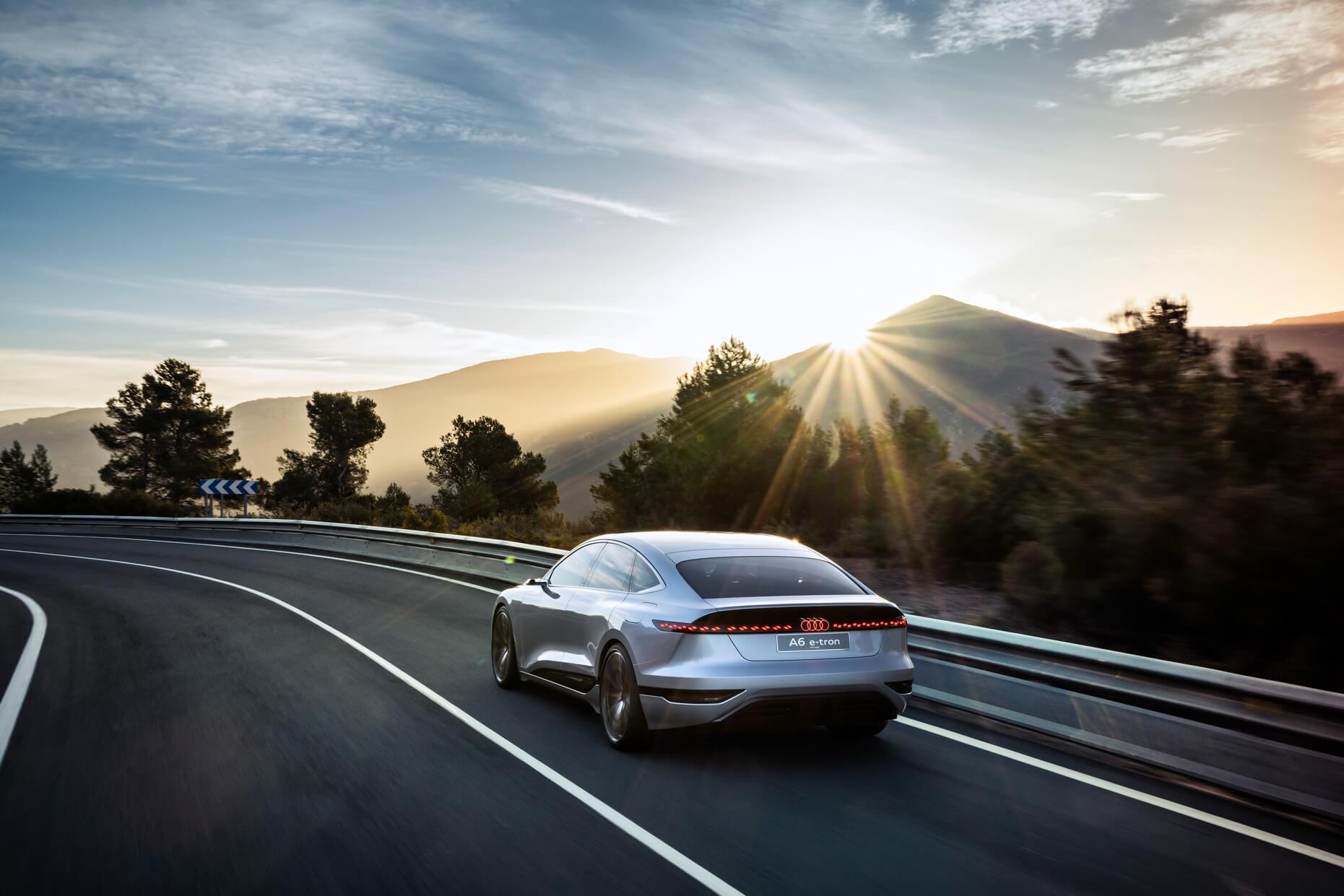It would appear the Volkswagen Group’s premium division Audi is getting ready to embrace an electric future sooner than originally believed. According to the German paper Süddeutsche Zeitung (via Reuters), the man in charge in Ingolstadt has informed labor representatives as well as top officials at the Four Rings the final new combustion car will be launched as early as 2026.
Just so we’re clear, Markus Duesmann was referring to the last new model introduced to the market with a gasoline/diesel engine. It doesn’t mean that in roughly five years from now Audi will only have one single combustion-engined vehicle. Some of the existing models and the ones coming in the next few years will be available past 2026 for a while. The cutoff date for the ICE could be before the middle of the next decade, but nothing is official at this point.

The report goes on to specify new car launches from 2026 will be purely electric vehicles as Audi will be abandoning mild hybrids and plug-in hybrids as well. It also means the few models currently compatible with compressed natural gas and labeled as “G-Tron” won’t live to see a new generation. It goes without saying the naturally aspirated 5.2-liter V10 of the R8 supercar is also living on borrowed time, much like the turbocharged 2.5-liter inline-five unit likely making its final appearance in the upcoming RS3.
2026 is still a long way to go and therefore a lot could change until then, but the report goes to show Audi through its parent company Volkswagen Group is determined to embrace an all-electric future. Taking into consideration a car’s traditional life cycle of approximately seven years, (at least in theory) it means you should still be able to buy a gasoline-fueled Audi until 2032 or 2033. Meanwhile, the EV portfolio will grow exponentially across virtually all segments of the market.
Due to increasingly stringent emissions regulations, diesels are more vulnerable to extinction than gasoline engines, so expect the TDIs to be retired first. They’re already being gradually replaced in terms of fuel efficiency and lower emissions by mild-hybrid and plug-in hybrid gasoline powertrains, and it’s only a matter of time before they’ll be dropped entirely.
Source: Süddeutsche Zeitung via Reuters
